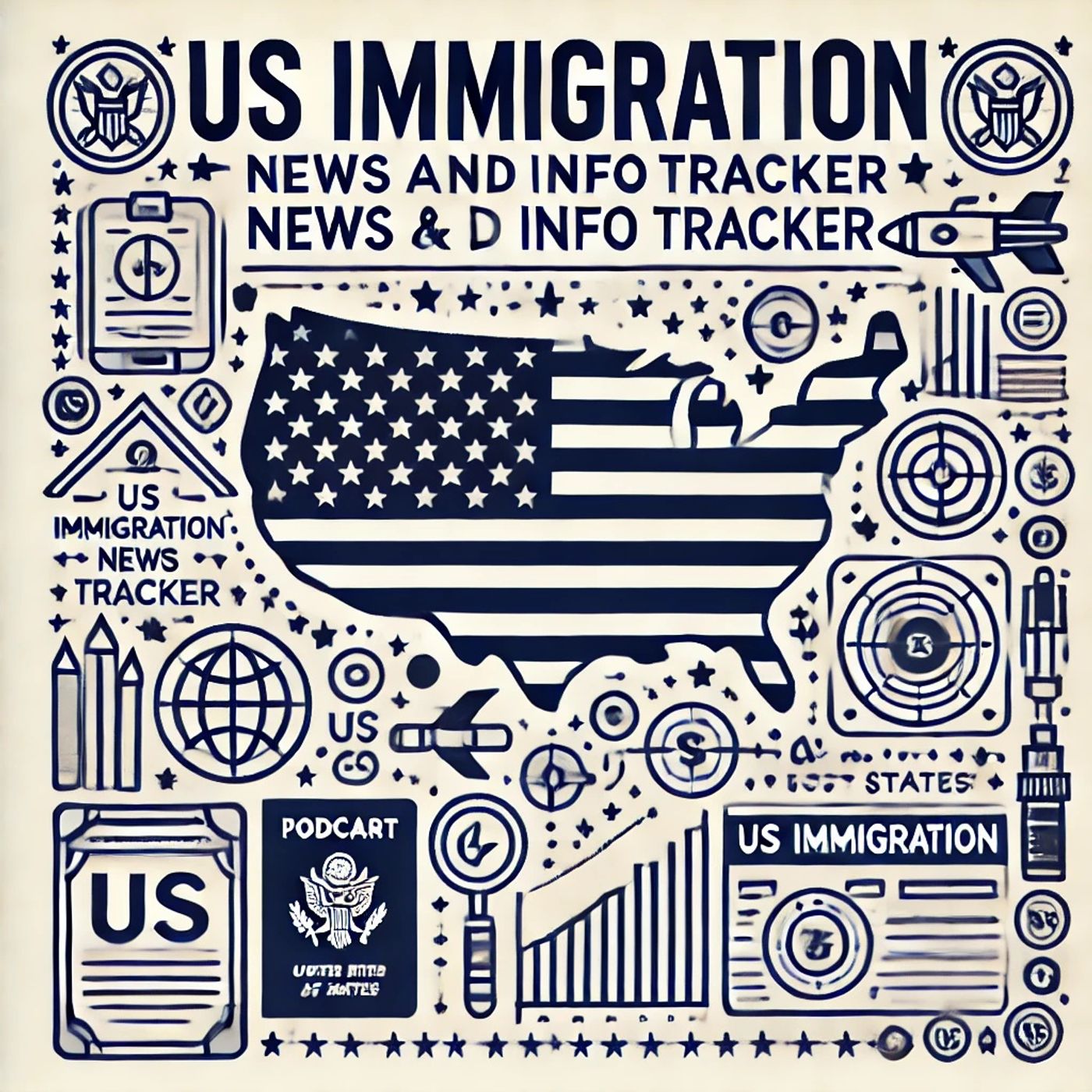Navigating the Complexities of Immigration in Arizona's Swing Districts
Description
Immigration is undeniably one of the pivotal issues influencing political discourse in Arizona's swing districts. This is particularly true for regions that extend along the state's border with Mexico. The border communities in these areas are at the forefront, directly affected by both the challenges and opportunities that immigration policies present. The complexity of this issue breeds an uncomfortable political climate for figures like Juan Ciscomani and Kirsten Engel, who must navigate the delicate balance of addressing local constituents' concerns while considering broader national immigration strategies.
For politicians, immigration isn't just a policy issue—it's a deeply personal matter that impacts the lives and livelihoods of those residing in border towns. The constituents of Arizona's swing districts often find themselves at the heart of immigration debates, involving everything from economic impacts to security concerns.
Juan Ciscomani, a prominent political voice in these communities, frequently faces the challenge of addressing worries around border security and economic uncertainty. These are compounded by the pressures of maintaining a humanitarian perspective that recognizes the cultural and economic contributions immigrants bring to the region. Balancing these priorities often leads to uneasy ambiguity in policy-making, reflecting the broader national struggle to find consensus on immigration reform.
Similarly, Kirsten Engel, another key figure, grapples with these complexities. Engel has to consider the fact that many families in these border areas have personal connections across the border. Thus, any stringent immigration policy can inadvertently disrupt lives and fracture communities. Emphasizing compassionate reform while ensuring border security is a tightrope that many politicians like Engel must walk, aware that missteps can alienate significant voter bases.
The border communities in this swing district bring firsthand insight into the broader implications of immigration policies. Here, the issue isn't abstract; it is part of daily life. Local economies often heavily depend on cross-border trade, and cultural exchanges enrich the community fabric. However, crime and safety concerns also persist, driven by trafficking and illegal crossings, which fuel contentious debates on the use of resources such as increased patrolling and border wall extensions.
Arizona's border regions tell a nuanced story of immigration, filled with both opportunity and unrest. This complexity requires political representatives to carefully craft policies that acknowledge and address the multifaceted realities these communities face. While Juan Ciscomani and Kirsten Engel may feel the weight of their districts' anxieties, their positions also afford them the unique opportunity to influence and champion solutions that blend security with compassion.
As immigration continues to shape the political landscape in Arizona and beyond, the experiences and responses of border communities will unavoidably remain central. The conversations and decisions made by leaders like Ciscomani and Engel resonate far beyond the state, contributing to the ongoing national dialogue on immigration. Balancing these perspectives remains integral in crafting meaningful, effective, and humane immigration policies that honor both security concerns and human rights.
More Episodes
Blue States Recalibrate Approaches to Crime and Immigration, Balancing Compassion and Accountability
In recent years, the political landscape in the United States has witnessed a notable shift in attitudes toward crime and immigration, even in traditionally liberal strongholds. States such as Arizona, California, and Colorado have seen outcomes in ballot measures that signify a stricter approach...
Published 11/24/24
Published 11/24/24
In the landscape of U.S. immigration policy, a significant shift occurred during Donald Trump's presidency, marked by the appointment of three staunch anti-immigration advocates who played pivotal roles in shaping the nation's approach to immigration. These individuals were Stephen Miller, the...
Published 11/23/24


